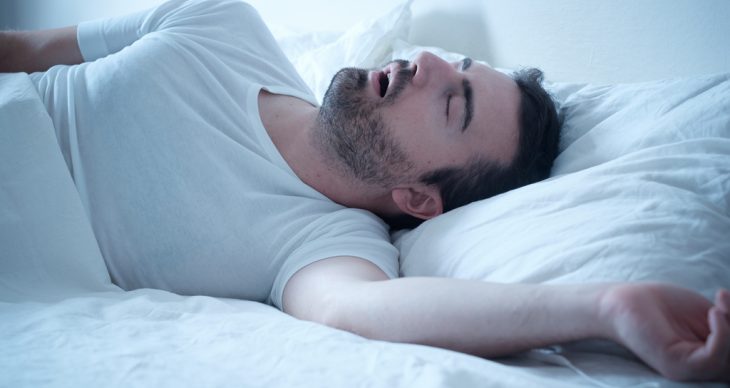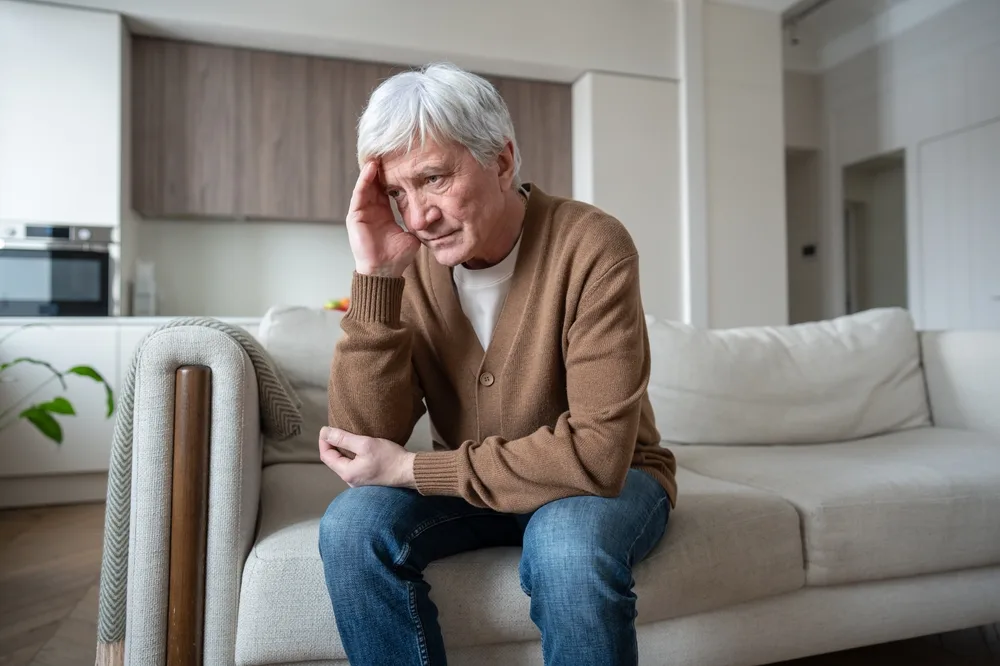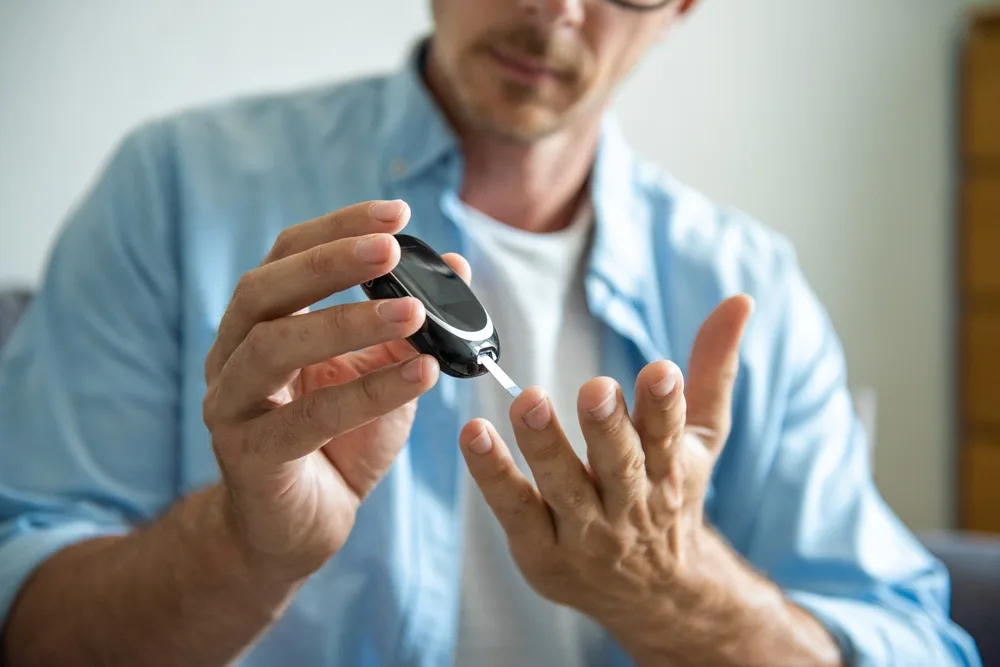Do you snore loudly while sleeping and feel tired when you wake up in the morning? Even after seven, eight, even nine hours of sleep – you just can’t seem to shake off the grogginess. You may be dealing with sleep apnea, a potentially serious sleep disorder. Experts estimate that around 22 million Americans have sleep apnea, and 80% of those with moderate to severe cases don’t even know they have it.
Central sleep apnea, obstructive sleep apnea and complex sleep apnea, if not properly diagnosed and treated, could cause some serious health concerns for some people. Continue reading to find out more about this condition, including common signs and symptoms and how to treat it.
Sleep apnea is a sleep disorder in which you repeatedly stop breathing while you are sleeping. When this happens, your brain wakes you up just enough so that you can breathe again.
This repeated wakening can have a negative impact on the quality of your sleep. While you are temporarily not breathing, the oxygenation of your blood drops, stressing your entire system. Those with severe sleep apnea may wake up hundreds of times a night, most often during the important rapid-eye-movement (REM) sleep cycle.
Unlike occasional insomnia, apnea can result in more than just being tired. When left untreated, sleep apnea symptoms can lead to life-threatening conditions like high blood pressure, stroke, diabetes, Alzheimer’s disease, depression and even death.
There are three types of sleep apnea:
- Obstructive sleep apnea
- Central sleep apnea
- Complex sleep apnea
Obstructive sleep apnea is when your tongue collapses against your soft palate, which is then pushed against the back of your throat during sleep. When this happens, the airway is partially blocked, making it difficult or impossible to breathe. Obstructive sleep apnea is the most common type of sleep apnea, making up about 65% of the cases.
Central sleep apnea is less common and happens when the brain just temporarily forgets to tell your lungs to breathe. As a result, you simply stop breathing during sleep or breathe so shallowly that you can’t take in enough oxygen. Central apnea is difficult to diagnose because it is usually not accompanied by the main sleep apnea symptom, loud snoring.
Complex sleep apnea is a combination of obstructive sleep apnea and central sleep apnea. Complex sleep apnea occurs in about 15% of patients.
The most common sleep apnea symptoms include the following:
- Loud snoring
- Gasping for air while sleeping
- Difficulty staying asleep
- Waking up with a dry mouth
- Waking up with a headache
- Excessive daytime sleepiness
- Irritability
If you have at least one sleep apnea symptom, you may consider making an appointment with an ear, nose and throat doctor, pulmonologist or sleep specialist to find out if you have sleep apnea.
By Admin –








